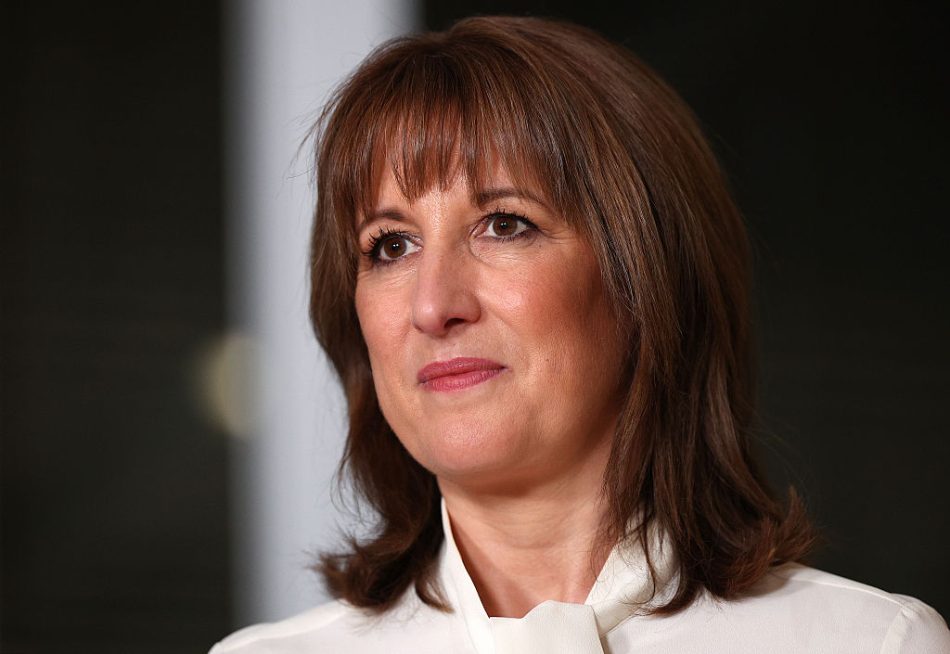There was a period during the pandemic in 2020 when the pubs were open but you could only go to one if you sat on your own and had a meal. You were allowed to buy an alcoholic drink but once you had finished your meal you could not buy another one. There was also a 10 p.m. curfew when the pub had to close and everyone had to go straight home.
Whether this did much to stop the spread of Covid is debatable (there were reports of a lot of house parties starting just after 10 p.m.), but it allowed the ‘public health’ establishment to turn pubs into what it thought they should always have been: functional, sterile restaurants where fun is discouraged if not outright illegal. At the top of that establishment sits the Chief Medical Officer, Professor Sir Chris Whitty. Since the pandemic, Whitty has been busy lobbying successive prime ministers for a series of fanatical nanny state measures. He persuaded Rishi Sunak to announce the gradual prohibition of all tobacco sales and, according to the Times, has been ‘leading the push for an outdoor smoking ban’.
An outdoor ban would be a shattering blow for the pub trade, but Whitty is not done yet. According to the Telegraph, the public health minister Andrew Gwynne is considering ‘tightening up the hours of operation’ of pubs and bars. 10 p.m. curfew anyone?
Once again we see the hand of Chris Whitty at work. Speaking at a fringe meeting at the Labour conference, Gwynne explained that Whitty had met him on his first day in the job and shown him a series of slides (of course!). The first slide showed that 40 per cent of NHS spending is on preventable health conditions and that this is projected to rise to 60 per cent in the next 15 years. For Gwynne, the conclusion was obvious. Never mind reforming the NHS, we must reform the public.
Far be it from me to suggest that Chris Whitty has been using dodgy slides to persuade politicians to introduce illiberal laws, but it is difficult to find evidence for his figures. The 40 per cent factoid is occasionally bandied around by pressure groups, but never with supporting evidence. The Office for National Statistics says that 22 per cent of deaths are ‘avoidable’, but 31 per cent of these are classified as such because they are ‘treatable’. The proportion of deaths that are genuinely ‘preventable’ is, according to ONS figures, 14 per cent. And, aside from a short-term increase during the pandemic, the number of preventable deaths has been in long-term decline.
The fact that preventable mortality is low and falling does not necessarily mean that the cost of preventable diseases is not high and rising. The NHS could have got better at treating diseases (which, for the avoidance of doubt, is its job). Diseases such as diabetes and HIV do indeed have a lower mortality rate than they once did. But if you take the government’s own estimates of how much smoking, obesity and alcohol – the three horsemen of Whitty’s apocalypse – cost the NHS each year, the total comes to £12.5 billion. That sounds a lot until you consider that it represents a mere 4.2 per cent of what the UK spent on healthcare last year. Equally pertinently, it is less than half the amount drinkers and smokers paid the Treasury in alcohol and tobacco duty.
It is fair to assume that Andrew Gwynne is not the only minister that Whitty has treated to a little welcome chat. Having looked at his slides, it is no wonder they come away believing that the NHS budget could be 40 per cent smaller if the slovenly public were forced to put down their beer and eat their greens. Wes Streeting and Keir Starmer, in particular, seem to have an almost religious conviction in ‘prevention’ being the cure to the NHS’s woes. If thousands of pubs have to go out of business and an Australian-style black market in tobacco and vapes emerges, then so be it.
The whole thing is a dangerous fantasy. Even if the draconian policies Whitty supports worked – and they won’t – it wouldn’t save money because people who avoid one disease use more healthcare for a few years before dying of a different disease. In the immortal words of the Oxford Handbook of Health Economics: ‘Although it is frequently argued (but not by economists) that prevention will save expenditure on future treatment, the current body of evidence demonstrates that it is more likely to generate additional health care costs.’
Note the four words in brackets. You wouldn’t ask an economist about your gall bladder so don’t ask a doctor about economics. The prevention agenda is an illusion. It is economically illiterate. The sums do not add up. But I fear we will see our freedoms curtailed for many years to come before politicians finally work that out for themselves.







Comments